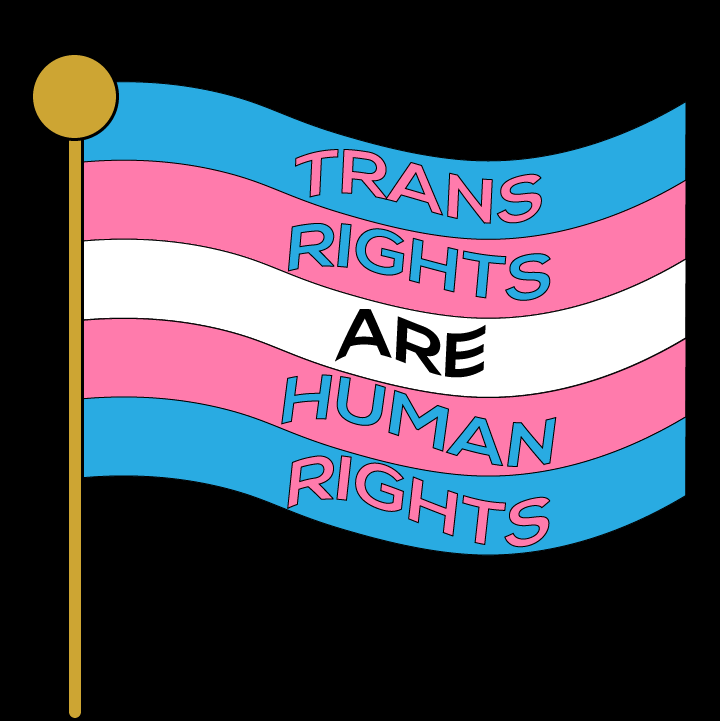UPDATE: With Unprecedented 18 Anti-LGBTQ Bills Enacted, 2021 Officially Becomes Worst Year in Recent History for LGBTQ State Legislative Attacks With Anti-LGBTQ Momentum Sweeping through State Legislatures, 2021 Surpasses 2015 as Worst Year In Recent History Detailed Breakdown of 2021 Anti-LGBTQ State Legislation Below With an unprecedented number of anti-LGBTQ measures sweeping through state legislatures […]















